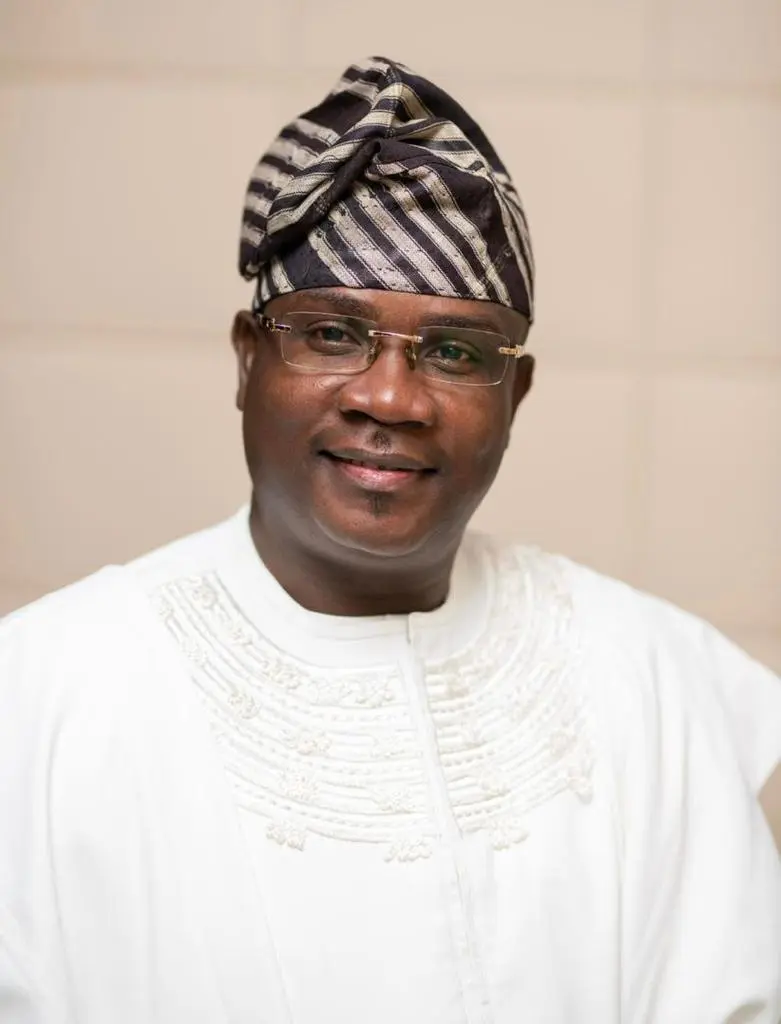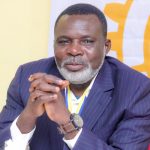...To get all news updates, Join our WhatsApp Group (Click Here)
Also Join our WhatsApp Channel (Click Here)
The Ministry of Power is pleased to announce the commissioning of a dynamic and experienced ministerial team dedicated to providing technical support, project delivery coordination, stakeholder management, and media relations within the ministry. This strategic move aims to strengthen the ministry’s existing capabilities and enhance its efforts in delivering efficient and sustainable power solutions to the nation.
Under the visionary leadership of the Honourable Minister of Power, the newly formed team will play a crucial role in driving key initiatives, ensuring seamless project monitoring and execution, fostering collaboration with stakeholders, and effectively communicating the ministry’s objectives and activities to the public.
The appointed team members bring a wealth of expertise and diverse backgrounds, enabling them to contribute effectively to the ministry’s goals. Their collective knowledge and experience will be instrumental in achieving the vision of providing reliable and affordable power supply for all citizens.
The key responsibilities of the ministerial team include:
1. Technical Support & Project Coordination
The technical support team will play a crucial role in assisting the Minister of Power in carrying out his responsibilities effectively. They will provide support to Minister of Power in the areas of Policy and Regulation Research and Analysis, Briefing and Documentation, Project tracking, coordination and harmonisation, Technical Expertise, Crisis Management, International Cooperation, Monitoring and Evaluation.
Team Lead : ADEDAYO OLOWONIYI
A seasoned professional with proven success conceptualizing strategies and directing multicultural teams to streamline operations, improve fiscal health, and propel business growth across Africa. He established and steered entities in Nigeria, Senegal, Kenya and Angola.
He has over 10 years’ experience as CEO of multinational companies in Africa, and 15 years’ experience in the power sector in Africa. Adedayo was the first Nigerian CEO and Country Manager for ABB, and the Vice President Business Development and Managing Director for MAN Diesel & Turbo, a German manufacturer of turbines, engines and compressors for power generation and oil & gas applications.
He possesses in-depth knowledge and understanding of the power sector in Sub- Saharan Africa and its challenges. Adedayo has vast international experience within multiple countries, including the United Kingdom, United States, Switzerland, South Africa, Nigeria, Senegal, Kenya, and Angola.
He will be supported by other seasoned professionals and specialists across the Power Sector value chain as well as Institutional technical partners from UKNaif, AfDB, USAID, and the World Bank.
2. Stakeholder Coordination
As a stakeholders’ coordinating team to the Minister of Power, the primary responsibility of the team is to manage and facilitate effective communication and collaboration between the Minister and various technical and political stakeholders in the power sector. This includes Stakeholder Mapping, Relationship Building, Policy Advocacy, Public Relations, Political Analysis, Political Strategy, Conflict Resolution, Political Intelligence and Political Risk Assessment.
*Team Lead: ROTIMI AJANAKU
Rotimi, a Law graduate is a skilled stakeholder engagement specialist with a strong background in public relations and diplomacy. Responsible for managing relationships with key stakeholders in the power sector, fostering collaboration, and addressing stakeholder concerns to promote a conducive environment for power sector development.
Rotimi will be supported by other stakeholder liaison officers across the country.
3. Media Relations Team
As a media advisory team to the Minister of Power, the role of the team is to provide strategic guidance and support in managing media relations, public communications, and reputation management. This includes Media Strategy, Media Relations, Message Development, Media Monitoring, Crisis Communication, Media Training, Content Creation, Reputation Management, Media Campaigns, Media Analysis and Reporting.
Team Lead: Bolaji Tunji
Bolaji Tunji was Special Adviser, Communication and Strategy to Senator Abiola Ajimobi, Governor of Oyo State, Nigeria, until May 29, 2019. He retained the position after the public service, working with the Ex- Governor and was Senator Abiola Ajimobi’s Special Adviser when he was nominated the Deputy National Chairman (South) of the All Progressives Congress (APC) the ruling political party in Nigeria.
Prior to his appointment, he was Executive Director (Special Duties) and a member of the Board of The Sun newspaper.
An astute journalist with wide network in the media industry, he set up and was pioneer Managing Director/Editor-in-Chief of New Telegraph newspaper, a national publication. He was also Editor, National Mirror newspaper, having edited the Sunday Mirror title, from the same stable, for about three years.
A graduate of the Obafemi Awolowo University, Ile- Ife, Osun State, Tunji, a former classroom teacher, began his journalism career with Nigeria’s The Guardian newspaper in March 1993 where he spent eight years before resigning as a Correspondent to join Daily Independent as pioneer Deputy News Editor in September 2001.
The Ministry of Power is confident that the commissioning of this exceptional ministerial team will significantly bolster its capacity to address the challenges and opportunities in the power sector. By leveraging their combined expertise and collaborative approach, the team will contribute to the sustainable development of a robust and reliable power infrastructure that meets the growing energy needs of our nation.
He will be supported by other seasoned media specialists covering the conventional print and electronic media as well as the New media.
You can get every of our news as soon as they drop on WhatsApp ...To get all news updates, Join our WhatsApp Group (Click Here)
Also Join our WhatsApp Channel (Click Here)

















